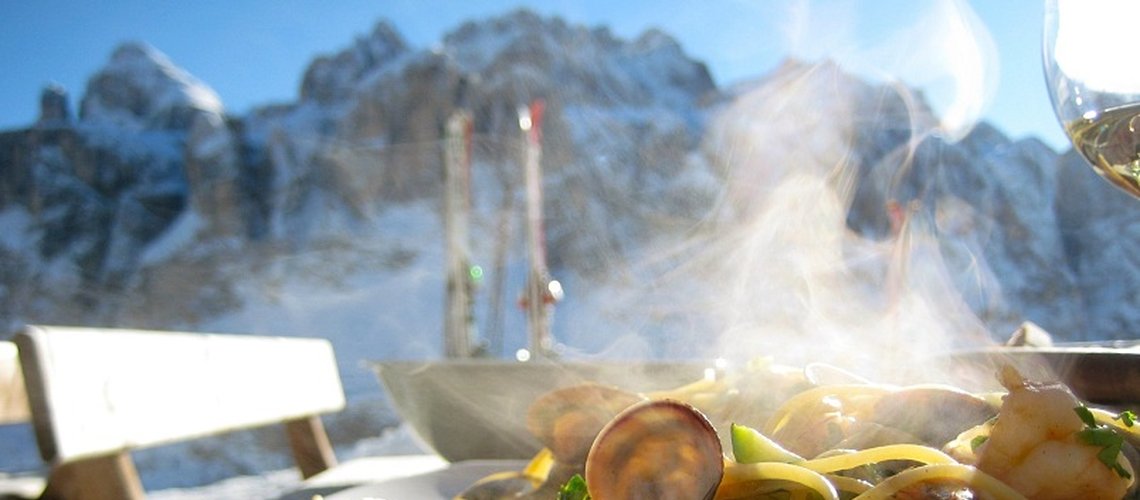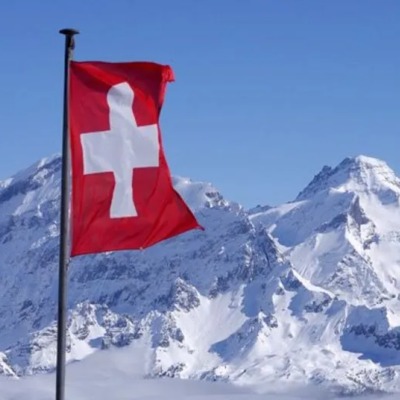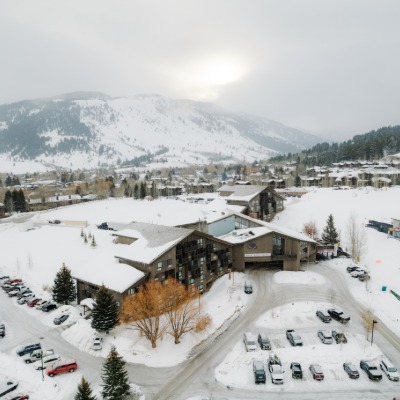Kohl & Partner Report Worrying Change In The Dining Offering In Destinations

Kohl & Partner presents a current survey on the perspective of those responsible in destinations.
The results of a current survey in 155 tourist resorts and regions in Austria, Germany, Switzerland and South Tyrol, carried out by Austria's largest tourism consulting company Kohl > Partner, give cause for concern: a decline in gastronomic holidays threatens to make it more difficult for holidaymakers and locals alike to find a place at the pub table . Spontaneous visits to inns will increasingly become a test of nerves in many places.
While demand is increasing due to the increase in holiday homes, apartments and chalets, fewer and fewer catering establishments are able to maintain the usual supply.
Gernot Memmer, an expert in the development of destinations, warns of a drastic change in the holiday experience: “In many places it will no longer be possible without reservations. This leads to a decline in the quality of the holiday. Who wants to have to decide what time and where they want to eat before they start their vacation? A fight over the tavern table is annoying.”
Almost 90% have noticed a decline in catering offerings over the last 5 years.
80% each say that restaurants and inns are most affected. 35% also mention cafés and 25% bars and pubs.
Main reasons for the decline
The decline is primarily due to operational and non-demand-oriented aspects. From the perspective of the 155 destination managers surveyed, it is not a failure due to demand.
The top 5 reasons for the decline in catering offerings are:
1. Shortage of employees and staff bottlenecks (94%)
2. No business succession (71%)
3. High rents and operating costs (47%)
4. Adjusted opening times and rest days (37%)
5. Bureaucratic requirements and restrictions (36%)
Impact on guest feedback
More than half of destination respondents (51%) note that guest feedback has worsened in relation to the reduced range of restaurants, inns, cafes and bars open.
The top 7 points of criticism from guests in the negative guest feedback are:
1. Very limited gastronomic offerings (especially in the off-season)
2. Shortened and unclear opening times
3. Limited selection
4. Overcrowded inns and restaurants, guests have difficulty finding a place (no spontaneous visits to restaurants possible, planning long in advance sometimes even before the holiday)
5. Reservations are necessary and spontaneous visits are increasingly difficult
6. Increased prices as the quality of service and offerings decreases
7. Lack of regional cuisine and traditional restaurants/taverns and inns, increase in snack bars
Impact on the destination
The survey results show that the decline in dining options not only affects holidaymakers, but also locals. This also has a negative impact on the quality of life.
Few implementation measures so far
Almost 80% of destinations have not yet taken any measures - often because it is not within the destination's immediate sphere of influence.
"First, the signals in destinations must be taken seriously and measures must be introduced quickly. Without cooperation within the destinations, support in reducing bureaucratic hurdles, attractive funding programs and innovative concepts, it becomes increasingly difficult to maintain a gastronomic offer. If the pub dies, "The soul of the village is dying in many places," tourism expert Gernot Memmer is convinced.
Outlook and future potential
Kohl > Partner summarizes the wishes of those responsible in destinations in a structured manner addressed to politics, interest groups, catering businesses and those responsible in destinations.
Wishes for politics:
- Reducing bureaucracy
- Reduction of additional wage costs
- Reduction in VAT
- Support with business succession
- Promotion of regional offers
Wishes for the interest groups:
- Image campaign/employer branding to attract and retain more staff
- Support with business succession
- Organization of training measures
Wishes for the catering establishments:
- More attractive working conditions
- More flexible working hours
- Better pay
- Benefits
- Innovation and adaptation to new trends (e.g. automation and new concepts and business models)
- Collaborations
Points of contact for those responsible in destinations:
- Training and further education measures (e.g. leadership, employee management, marketing, pricing, business succession) especially for catering businesses.
- Cooperations and partnerships with organizations such as the Chamber of Commerce, Chamber of
- Industry and Commerce (IHK), German Hotel and Restaurant Association (DEHOGA) and similar. in terms of training, networking and support in employer branding for employee recruitment.
- Encouraging vacancy management towards communities in order to make better use of vacant properties and provide incentives for potential restaurateurs/tenants. If necessary, additional pop-up concepts, self-service concepts and vending machines.
- Coordination of opening days/closing days in the destination / gastro calendar
- Creating platforms for job advertisements
- Demonstrating the current gastronomy situation in the destination (fact check), carrying out gastronomy fitness checks in the destination, stimulating gastronomy master plans for the destination, greater integration of gastronomy into destination strategies
Kohl & Partner GmbH is an independent and internationally active consulting company with a focus on the Alpine region and more than 40 years of experience. The tourism consulting company, headquartered in Villach (Austria), specializes in the hotel and tourism industry and currently has a network of seven offices in four countries as well as a team of consultants of over 40 experts.
www.kohl-partner.at













